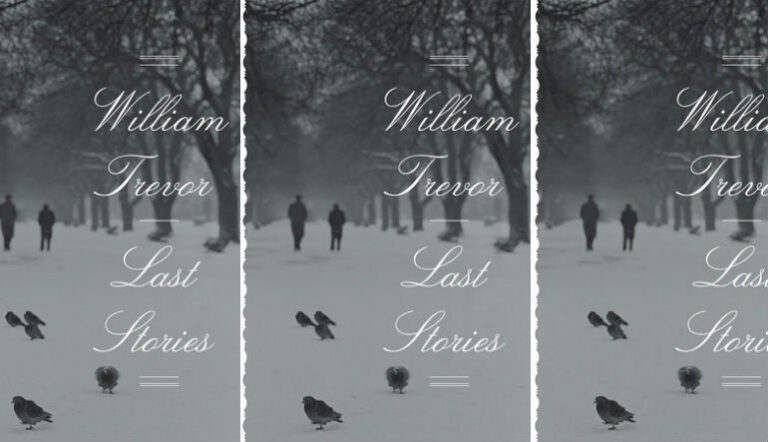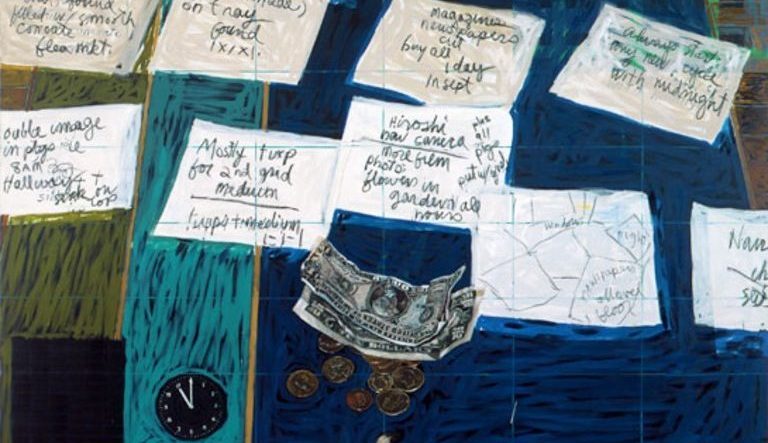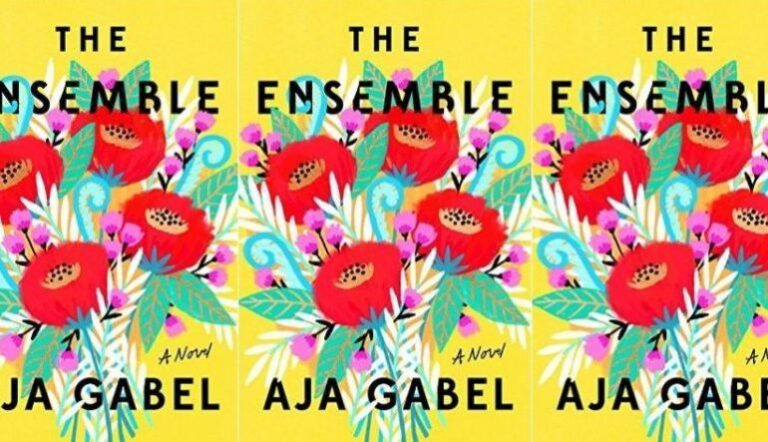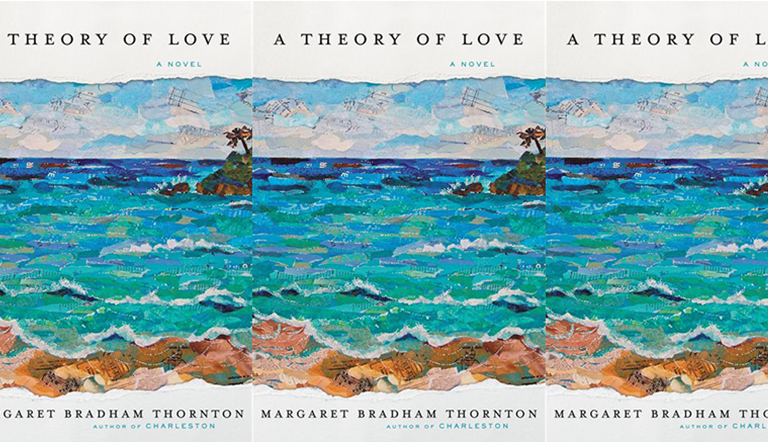“Positive Comments” by Owen King
The previous day, Jon Kearns had emailed for an extra day to turn in his assignment, swore that he was out of town and couldn’t get a ride back until the next day.

The previous day, Jon Kearns had emailed for an extra day to turn in his assignment, swore that he was out of town and couldn’t get a ride back until the next day.

Excerpt: William Trevor almost always describes a character early in the story, using only a sentence or two, but getting at the essence of the character in a way that feels intimate and true. The descriptions are highly visual, often focusing on the face, but always gesturing towards characterization.

Before social media helped readers discover poetry, the world seemed smaller. In the early 90s, when I was a preteen starting to figure out that not all great poets were dead, I had little to go on.

Gabel studied cello for years and her experience is evident as she spools out the plot, repeats motifs and varies the story’s tempo and dynamics. Music dictates the structure of the book, too, which is arranged in four parts, like a concerto, with a short coda at the end.

Both Solnit and Milosz transform picturesque vistas into fully alive places on the page. Their methods are instructive not only for writing about place, but as tools for toggling between any set of Big Questions and the particulars of moving as a body through streets.

Two adjacent poems in Tarfia Faizullah’s new collection reckon with the ways in which others—readers, peers, and perhaps mentors—respond to and even challenge the traumatic subjects about which a poet writes.

Joffre achieves fluidity by refusing labels, marrying concrete sensory details to emotions, and using elements of fabulism and magical realism. Taken together, the effect is dreamlike, but never serene.

If young ladies should be seen and not heard, that goes double for young ladies with disabilities. When your body declares itself Other, your personhood fades behind it. So mine did, until I discovered disability poetics.

The novel, which shifts third-person perspective between two lovers, reveals the impossibility of ever fully knowing someone when thoughts are inscrutable even to the people thinking them.
No products in the cart.